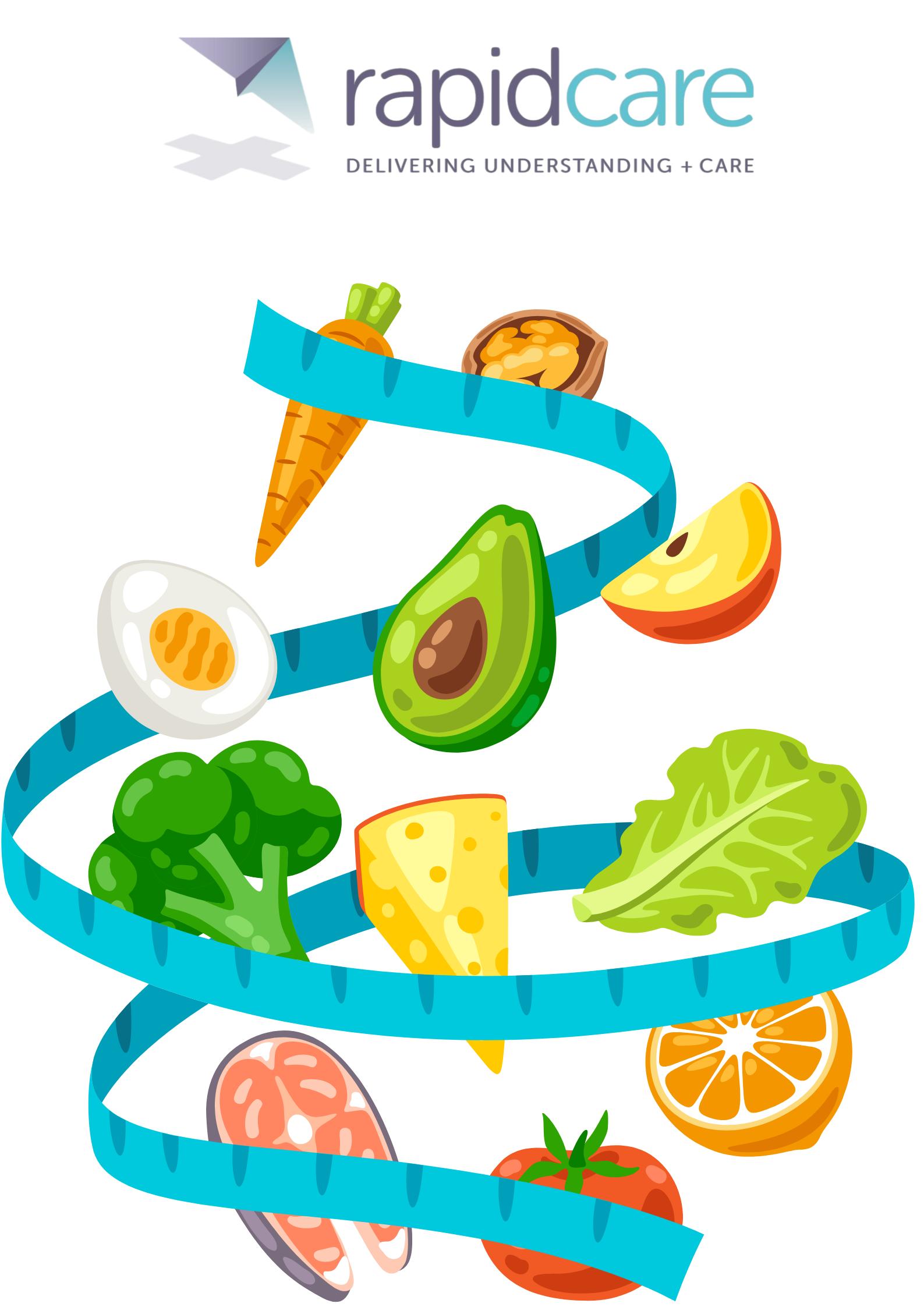In the tapestry of our lives, food often weaves itself into the fabric of our emotions. From celebratory feasts to midnight snacks that console us during life’s storms, our relationship with food is as complex as it is intimate. Yet, for many, this bond can become tangled, leading to patterns of emotional eating that leave us feeling powerless and unfulfilled. But what if we could unravel these threads and weave a new narrative—one where food nourishes our bodies and minds in harmony? Welcome to a journey of transformation and empowerment, where we’ll explore the art of overcoming emotional eating and crafting habits that enrich our lives. With optimism as our guide and practical strategies as our toolkit, we can redefine our relationship with food, embracing a future where every bite is a step toward balance and well-being.
Understanding the Triggers: Identifying Emotional Eating Patterns
Emotional eating often stems from a whirlwind of complex feelings, where food becomes a refuge rather than nourishment. Understanding these triggers is essential to breaking the cycle and developing healthier habits. Many individuals find themselves reaching for snacks in moments of stress, boredom, or even joy, using food as a tool for emotional regulation. To identify these patterns, it’s important to keep a food diary that not only tracks what you eat but also how you feel at the time. This simple practice can illuminate connections between emotions and eating behaviors, offering valuable insights into personal triggers.
- Stress: High-pressure situations can lead to cravings for comfort foods, as they offer a temporary escape from tension.
- Boredom: In moments of idleness, eating can become a default activity, filling time rather than hunger.
- Celebration: Positive emotions can also trigger eating, where food becomes synonymous with reward or festivity.
By recognizing these emotional cues, individuals can start to differentiate between genuine hunger and emotional hunger, paving the way for mindful eating practices. Embracing this awareness transforms the relationship with food, allowing for more intentional and nourishing choices.

Mindful Choices: Cultivating a Healthier Relationship with Food
In a world where stress and emotions often drive our eating habits, overcoming emotional eating can feel like a daunting task. However, by making mindful choices, you can transform your relationship with food into a healthier and more fulfilling one. Here are some steps to help you navigate this journey:
- Identify Triggers: Recognize the emotions or situations that prompt you to eat when you’re not physically hungry. This awareness is the first step towards change.
- Practice Mindfulness: Before reaching for that snack, pause and ask yourself if you’re truly hungry. Mindfulness can help you make more conscious choices.
- Create a Supportive Environment: Surround yourself with healthy options. Stock your kitchen with nutritious foods and remove temptations.
- Develop Alternative Coping Strategies: Instead of turning to food, find other activities that bring you joy and comfort, such as reading, exercising, or meditating.
Embracing these changes with an optimistic mindset can lead to profound shifts in how you perceive and engage with food. As you build these new habits, remember to be kind to yourself, celebrating small victories along the way. By cultivating a more conscious and compassionate relationship with what you eat, you pave the way for a healthier, more balanced lifestyle.

Empowering Alternatives: Discovering Joy Beyond the Plate
When emotional waves hit, it’s easy to find solace in the comforting embrace of familiar flavors. Yet, beyond the plate lies a world of vibrant alternatives ready to invigorate your spirit and soothe your soul. Empower yourself by exploring activities that resonate with your inner joy and offer a fresh perspective on fulfillment.
- Creative Expression: Dive into painting, writing, or crafting. Channel your emotions into art, where each brushstroke or word becomes a release.
- Mindful Movement: Engage in yoga, dance, or nature walks. Let movement be your meditation, connecting mind and body in harmonious flow.
- Community Connection: Reach out to friends or join a club. Shared experiences and laughter can fill emotional voids with warmth and belonging.
Embrace these empowering alternatives to not only transcend emotional eating but to enrich your life with genuine, sustainable joy. Let each choice become a stepping stone towards building habits that celebrate life beyond the confines of the dining table.
Building Resilience: Creating Sustainable and Positive Habits
To effectively address emotional eating and cultivate sustainable habits, it’s crucial to start by understanding the triggers and emotions that lead to this behavior. Once identified, mindful awareness can serve as a powerful tool to disrupt the cycle. Instead of reaching for comfort food, consider engaging in alternative activities that provide emotional satisfaction and are aligned with your wellness goals. Here are some creative strategies to help you stay on track:
- Mindful Breathing: Take a moment to breathe deeply and center yourself. This simple practice can ground you and reduce stress, making it easier to make healthier choices.
- Journaling: Keep a journal to track your emotions and eating patterns. Writing down your feelings can offer clarity and insight, helping you to identify patterns and break the cycle.
- Physical Activity: Engage in a form of exercise you enjoy. Whether it’s a brisk walk, a dance session, or yoga, moving your body can lift your mood and reduce the urge to eat emotionally.
- Creative Outlets: Channel your emotions into creativity. Painting, drawing, or even crafting can serve as a therapeutic distraction and provide a sense of accomplishment.
- Community Support: Connect with friends, family, or support groups. Sharing your journey with others can provide encouragement and accountability.
By incorporating these positive habits, you not only create a foundation for emotional resilience but also pave the way for a healthier relationship with food and self-care. Remember, small changes can lead to significant transformations over time. Stay optimistic and patient with yourself as you build these sustainable habits.



